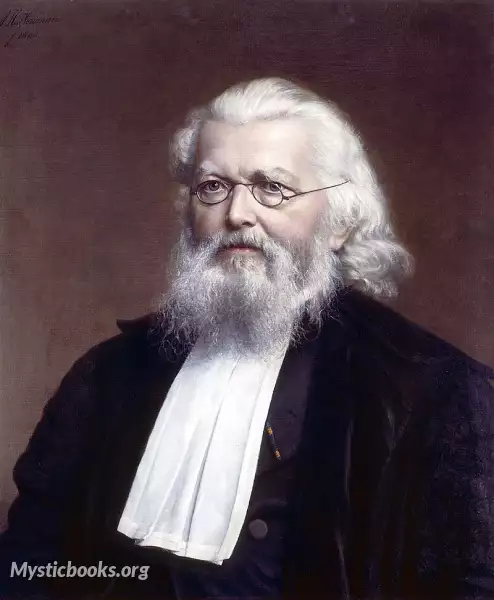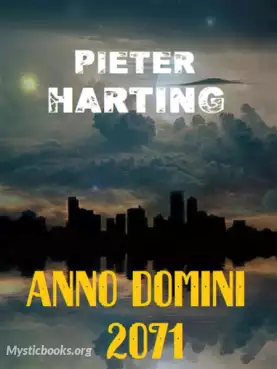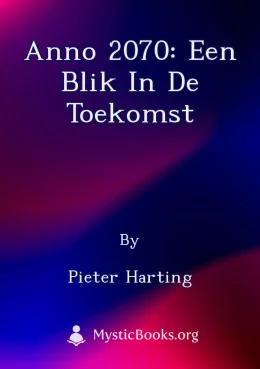
Timeline
Title
Country/Nationality
Pieter Harting
Pieter Harting was a Dutch biologist and naturalist, born in Rotterdam. He made contributions in a number of scientific disciplines, and is remembered for his work in the fields of microscopy, hydrology, botany, and biostratigraphy.
In 1835 he obtained his medical degree from the University of Utrecht and spent the following years as a doctor in Oudewater.
From 1841 he taught classes in medicine at the Athenaeum of Franeker, and two years later returned to the University of Utrecht, where he worked until retirement in 1875. At Utrecht he was a full professor of pharmacology and plant physiology (from 1846), and later zoology (from 1855). In 1856 he was appointed director of the zoological museum.
He was a member of Royal Netherlands Academy of Arts and Sciences (KNAW) and was awarded an honorary doctorate from the University of Leiden. Harting was one of the first Dutch scholars to accept the theory of evolution and was important supporter of Charles Darwin. He died in Amersfoort on 3 December 1885. The settlement of Hartingsburg in the Transvaal was named in his honor (later renamed Warmbad), as is a species of squid, Architeuthis hartingii.
Books by Pieter Harting

Anno Domini 2071
Curious to see how the world was imagined to be 50 years from now? Harting, under the pseudonym Dr. Dioscorides, originally published his steampunk utopian novelette in 1865 under the title Anno 2065, but soon had to publish new editions because of a...

Anno 2070: een blik in de toekomst
Pieter Harting, writing under the pseudonym Dr. Dioscorides, published 'Anno 2065' in 1865, filled with predictions about technological advancements in the future. The book's uncanny accuracy in predicting the emergence of technologies like rail tunn...